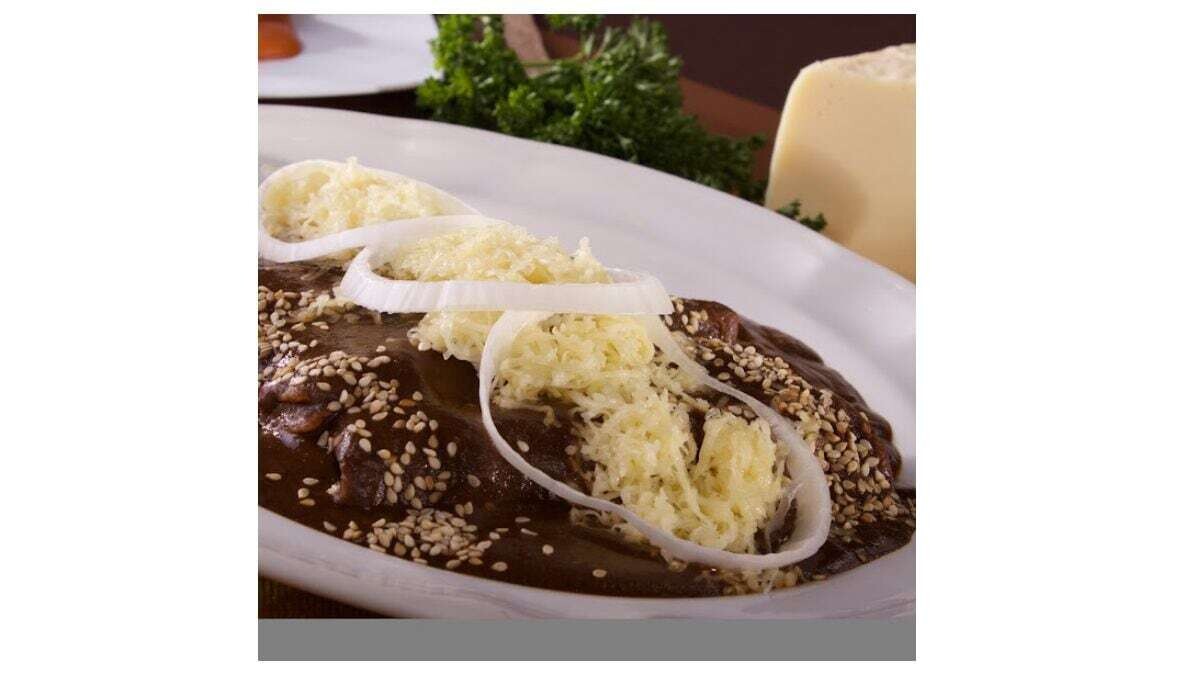
Traditional food is not just nourishment; it is a way of connecting with the history and roots of a country. Through ancestral recipes like tacos, tamales, or mole, the history of Mexico, its struggles, its mestizaje, and its resilience is narrated. Moreover, keeping these traditions alive is also about preserving the identity and customs of immigrant families, despite environmental changes.
Gastronomy is a bridge between generations, conveying stories and keeping the collective memory of a people alive. Through food, migrant communities preserve a vital part of their roots and traditions, as is the case with Lebanese families who have maintained their culinary habits in different parts of the world.
The preservation of cultural identity through gastronomy takes on special importance in a globalized world where traditions tend to homogenize. Cultural resistance manifests in the passion for the authentic, as it connects with cultural roots, protecting what makes us unique and keeping alive the legacy of each community.
Despite the influence of large fast food chains and industrialized products, people seek to cling to their roots through food. Gastronomy, with its ability to blend ingredients and techniques, remains a pillar of identity that allows migrant communities to preserve their traditions and diversity in an increasingly globalized world. Traditional food, with its sense of belonging and cultural resistance, stands as a reminder of who we are, where we come from, and what we represent.














